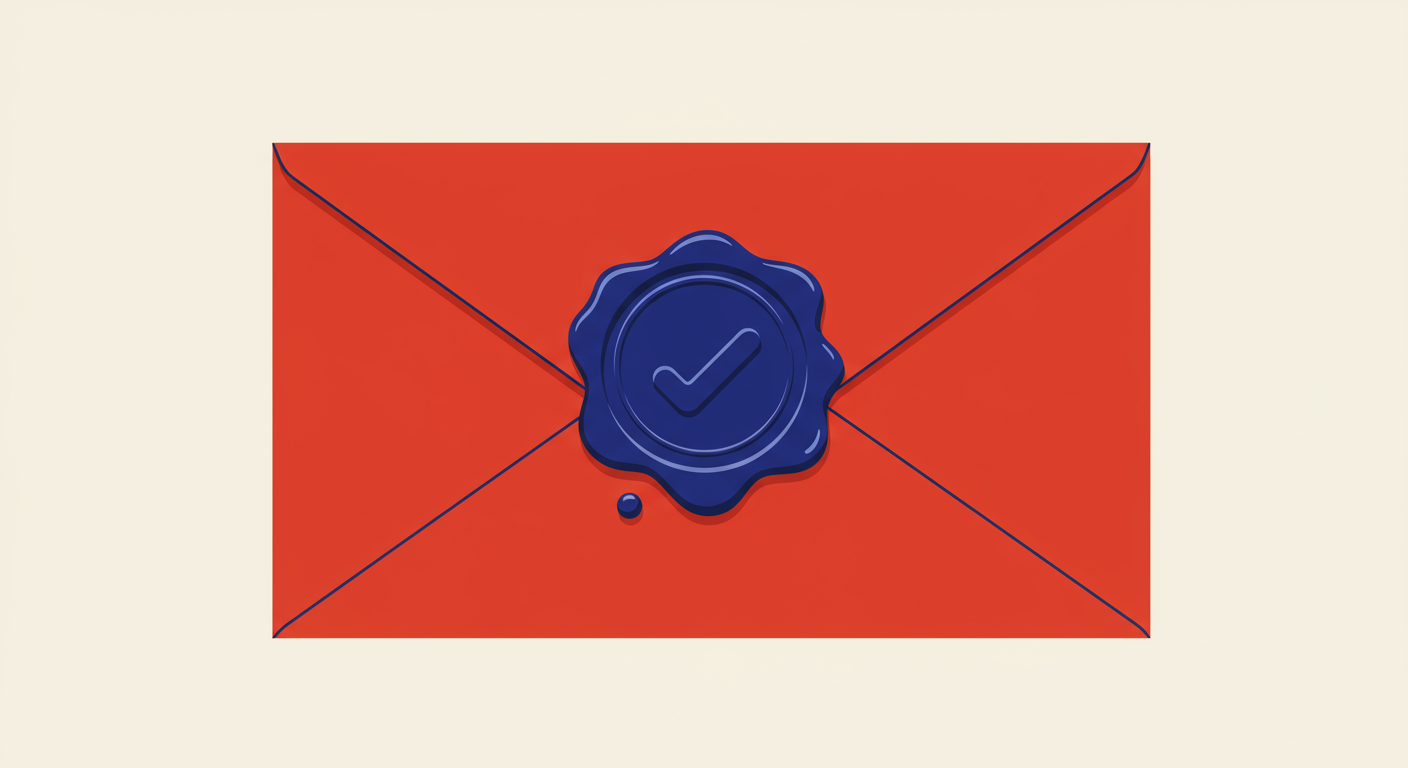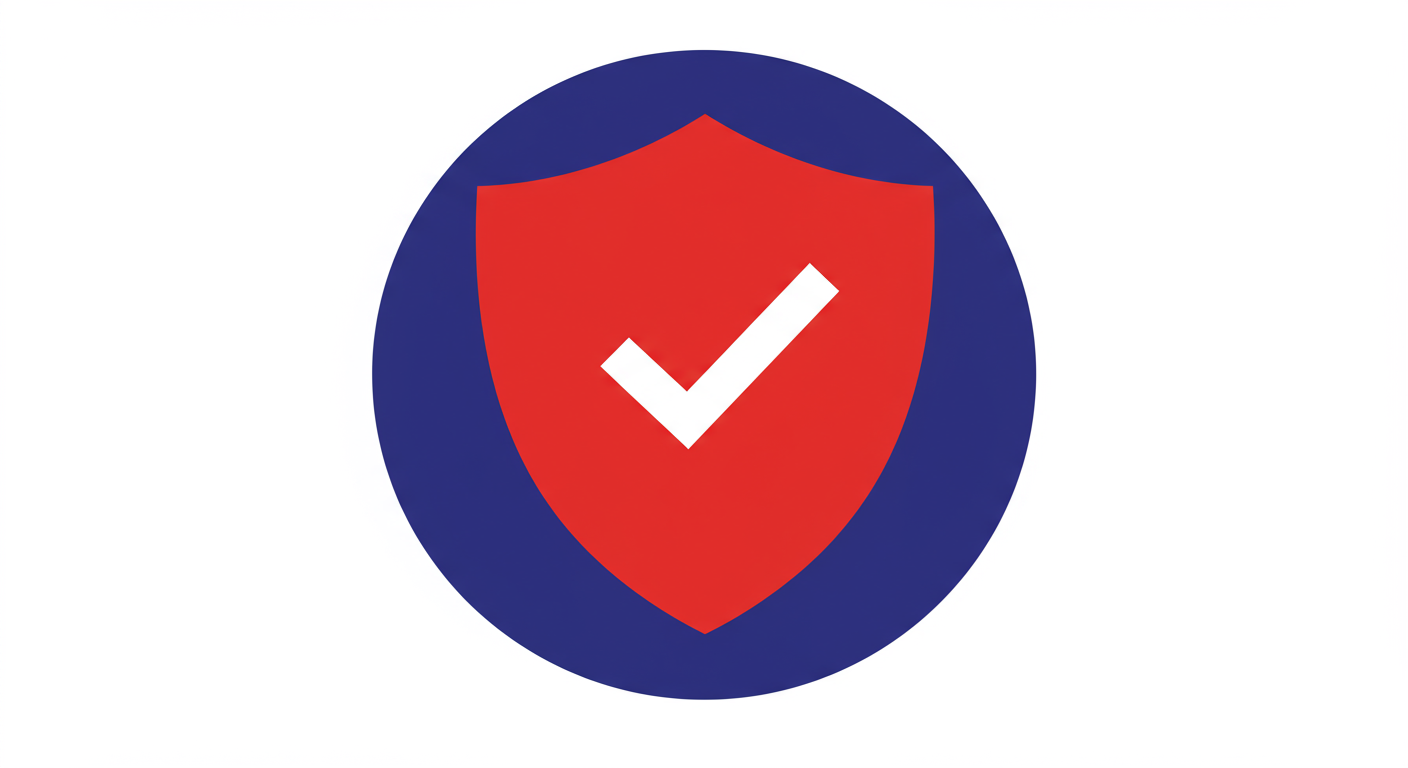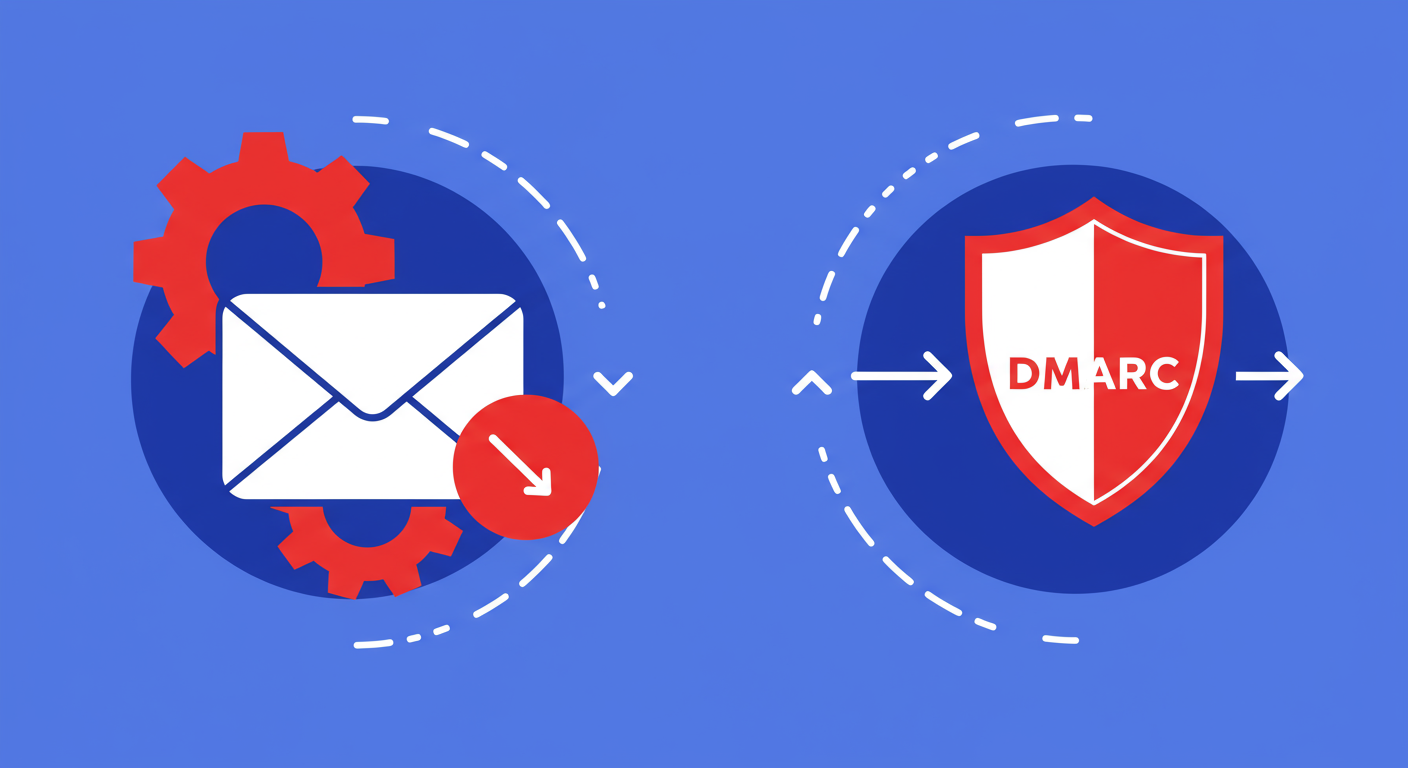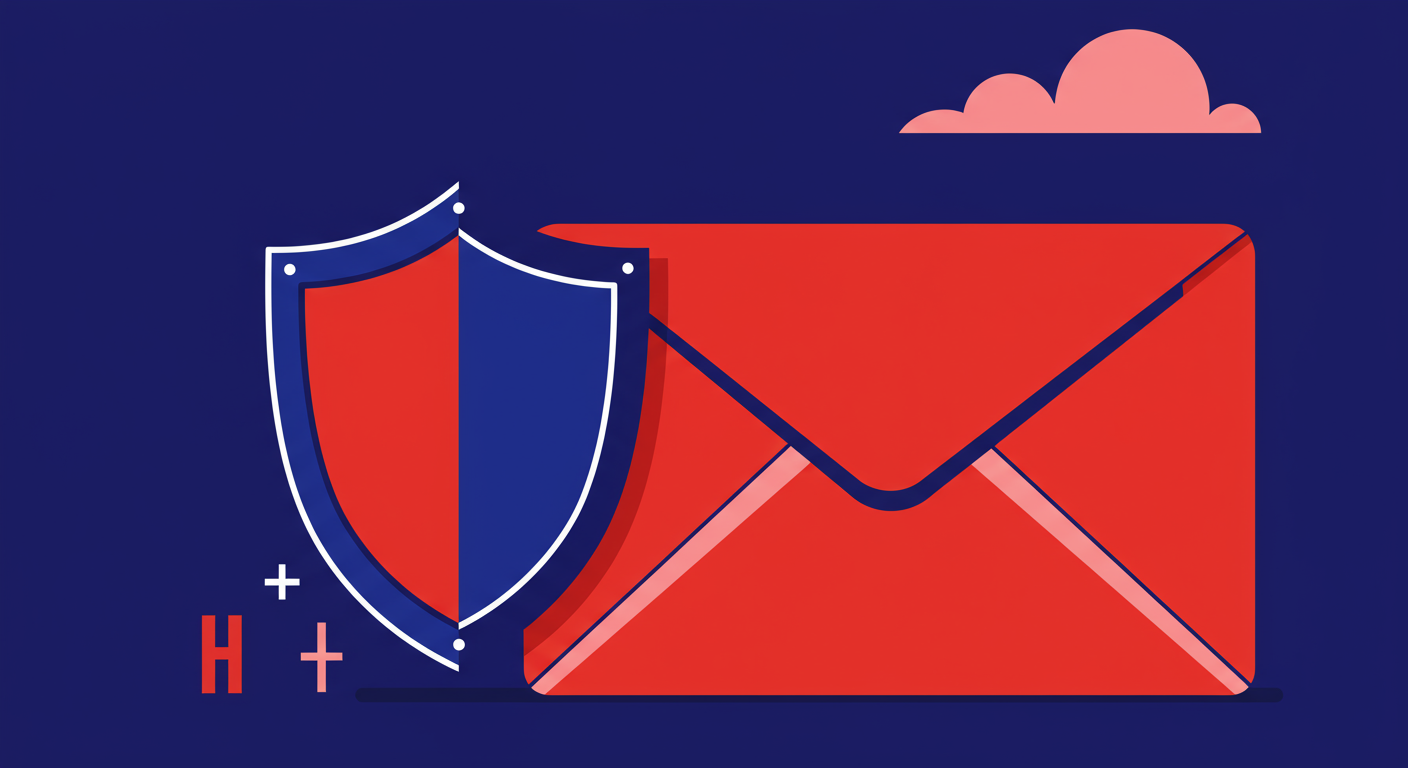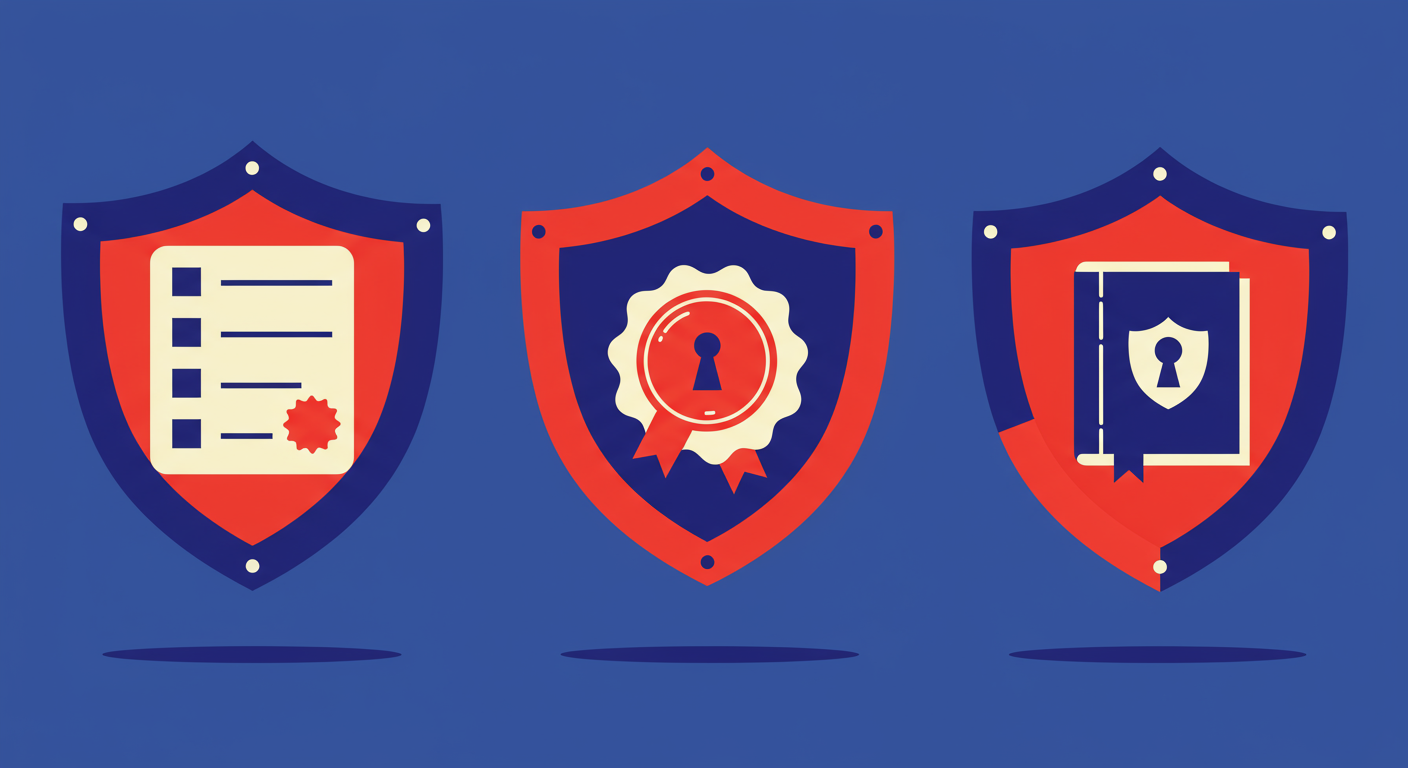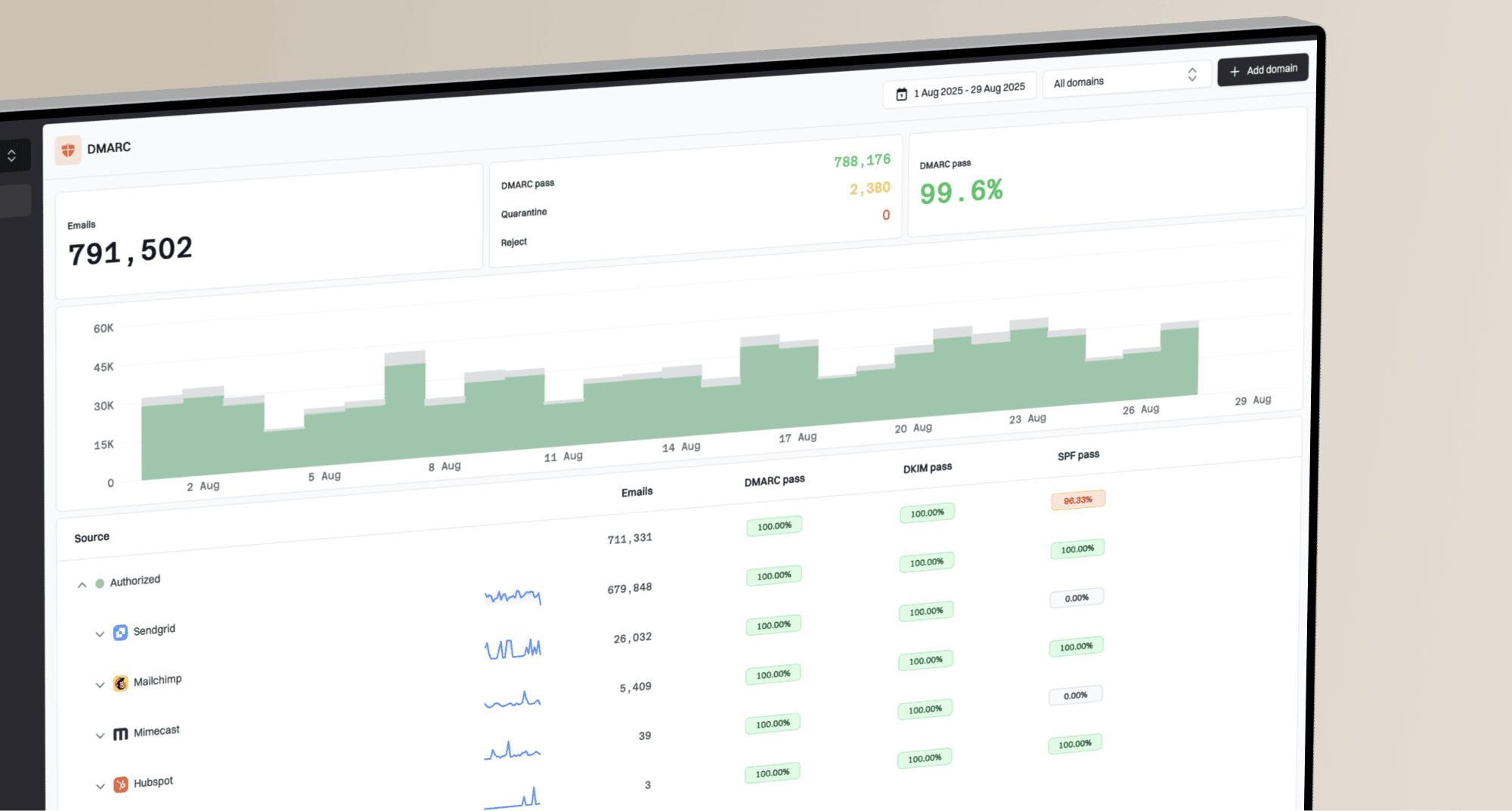
Navigating the world of email security can feel like a complex task, especially with new requirements from major players like Google and Yahoo. At the heart of these new standards is DMARC, a powerful protocol designed to protect your domain from spoofing and phishing attacks. But implementing it correctly is a technical challenge. It’s not just about adding a line of code to your DNS; it requires careful planning, monitoring, and analysis to avoid accidentally blocking your own legitimate emails.
Many businesses find themselves needing expert help. The problem is, where do you find a qualified DMARC professional? It's a specialized field, and finding the right person or service can make the difference between a seamless implementation and an email delivery nightmare. This guide is designed to walk you through how to find, vet, and work with a DMARC expert who can secure your email channels and improve your sender reputation.
A DMARC record is more than just a DNS entry. A true DMARC professional understands that their job is to protect your brand's entire email ecosystem. Their first step is typically a comprehensive audit to map out every single service that sends email on your behalf. This includes your corporate email like Google Workspace or Microsoft 365, your marketing platforms, transactional email providers, and even third-party services like accounting software that sends invoices. They dig deep to ensure nothing is missed.
Once they have a full picture, the implementation process begins. This isn't a one-and-done task. A professional will guide you through a phased rollout, starting with a monitoring-only policy (p=none). This allows them to collect DMARC reports and analyze the data without impacting your email flow. They'll use this information to identify which sources are properly authenticated with SPF and DKIM and which ones need to be fixed. This analysis is critical for finding out who is using your domain to send email.
The ultimate goal is to move your domain to a full enforcement policy of p=quarantine or p=reject. A DMARC expert ensures this transition is done safely, so you can confidently block fraudulent emails without disrupting your business operations. This protection helps you avoid email blacklists (or blocklists) and ensures your messages reach the inbox, safeguarding your brand's reputation against misuse.

Finding the right DMARC help depends on your needs and resources. There are several avenues you can explore, from comprehensive service platforms to specialized agencies and independent consultants. Each option offers a different level of engagement and support, so it's important to understand what works best for your organization.
One of the most effective ways to manage DMARC is through a dedicated platform. Here at Suped, we provide a full suite of tools for DMARC monitoring that simplifies the complex reports and gives you clear, actionable insights. Beyond just the software, we also offer advisory services to guide you through the entire setup and enforcement process, acting as your dedicated DMARC professionals.
Many email marketing agencies are also stepping up to offer DMARC services. They understand that deliverability is the foundation of successful email campaigns. An agency like Soone Agency can be a great partner because they approach DMARC from a marketing perspective, ensuring your promotional emails are authenticated correctly. They can integrate the technical setup with your broader email strategy.
Finally, freelance marketplaces can be a source for finding independent DMARC consultants. When searching on these platforms, it is crucial to look for individuals with specific, demonstrable experience in email authentication. Be sure to look for professionals who have a history of successful DMARC projects and positive client feedback.
Experience is perhaps the most important quality. An expert who has navigated complex email infrastructures with dozens of third-party senders will know how to handle challenges like the SPF 10-lookup limit and issues with DKIM alignment. They have seen what can go wrong and know how to prevent it. This experience is what you're paying for, as it prevents costly mistakes like blocking your CEO's emails.
Strong communication skills are also essential. A DMARC project often involves coordinating with IT departments, marketing teams, and leadership. The professional you hire must be able to explain technical concepts clearly to a non-technical audience. They should provide regular updates and transparent reports so you always know the status of the project and the health of your email security.

To properly vet a potential consultant or service, you should come prepared with a list of questions. This will help you gauge their expertise and determine if their approach aligns with your company's needs. Making an informed decision here is crucial for a successful DMARC implementation.
Listen for answers that demonstrate a structured, careful approach. A good professional will emphasize a gradual implementation rather than promising a quick fix. They should talk about protecting legitimate email streams as their top priority and have clear methods for analyzing report data to make informed decisions. Their answers should give you confidence that they are not just a technician, but a strategist.
Finding the right DMARC professional is a critical investment in your brand's digital security and reputation. It’s not just about compliance; it's about taking control of your domain and ensuring your emails are trusted by recipients. Whether you partner with a full-service platform like Suped, an expert agency, or a skilled freelancer, the key is to find a partner who understands the nuances of email authentication. With the right expert on your side, you can navigate the path to DMARC enforcement with confidence and secure your most important communication channel.
